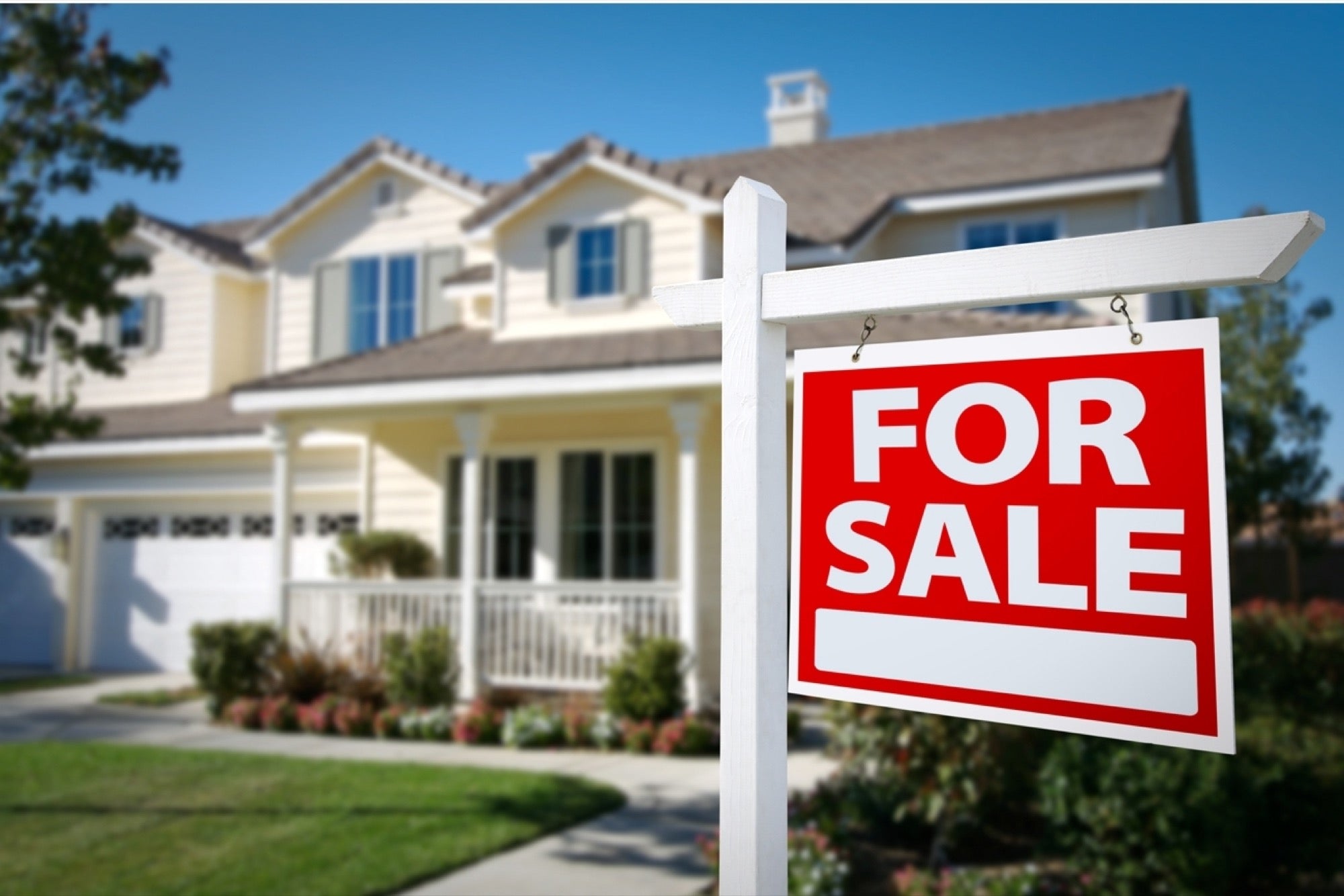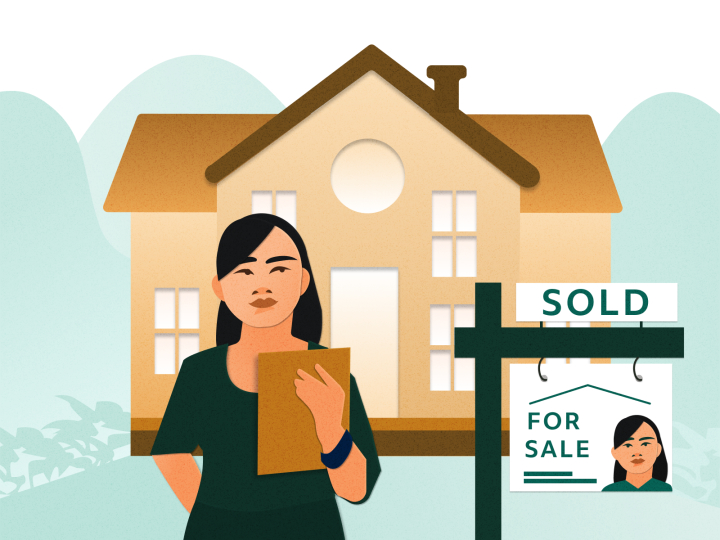The Future of Property: Patterns and Opportunities to View
As the property landscape progresses, it becomes progressively important to understand the emerging fads and chances that will define the industry in the coming years. Technological developments are improving transactional processes, while an expanding concentrate on sustainability reflects transforming customer concerns. Additionally, group shifts and the surge of remote job are affecting real estate choices, particularly in suburbs. With these characteristics at play, a more detailed exam of the techniques and adaptations required for success exposes appealing possibilities that could reshape investment approaches and market actions.
Technological Technologies in Realty
Over the last few years, the genuine estate market has accepted a wave of technological technologies that are changing traditional techniques. These improvements have substantially enhanced performance, openness, and decision-making processes within the industry. One of one of the most noteworthy innovations is the surge of big data analytics, which permits realty specialists to evaluate market fads, predict home worths, and determine financial investment chances with extraordinary precision. This data-driven strategy enables stakeholders to make educated decisions and minimizes the risks related to home deals.
Furthermore, virtual reality (VR) and increased fact (AR) technologies are transforming home advertising by providing immersive experiences for potential customers and tenants. These devices allow clients to conduct virtual tours of residential properties, thus streamlining the search process and improving client engagement. Blockchain modern technology is obtaining grip as a method to protect deals and maintain transparent documents, thereby reducing fraud and quickening the closing procedure.
Smart home modern technologies are also coming to be increasingly widespread, allowing home owners to check and control their homes remotely (Real Estate Lockhart). Jointly, these technical developments are reshaping the landscape of genuine estate, promoting a more effective, transparent, and customer-centric industry
Need for Sustainable Properties
As customers progressively prioritize ecological obligation, the need for sustainable buildings has actually surged in the actual estate market. This shift mirrors a more comprehensive societal trend towards sustainability, with investors and homebuyers looking for buildings that minimize environmental influence while maximizing energy performance. Functions such as photovoltaic panels, energy-efficient appliances, and sustainable building products are now considered as necessary instead of optional.

In addition, the increase of green communities, which focus on walkability and accessibility to public transport, even more emphasizes this fad. These developments appeal to eco mindful purchasers and advertise a much healthier way of living.
As the need for sustainable buildings proceeds to rise, industry stakeholders must adjust to these expectations. By prioritizing and accepting cutting-edge practices sustainability, the property market can not only fulfill consumer demand but additionally add to an extra lasting future.
Altering Customer Demographics

In addition, the maturing population is reshaping demand for real estate. Infant boomers are seeking scaled down homes that provide ease of access and low maintenance, usually favoring urban setups with close-by services. This shift requires an emphasis on multi-generational real estate solutions that accommodate differing requirements.
Additionally, social diversity is playing a pivotal duty in genuine estate trends. As these demographic shifts you could try this out continue to develop, real estate professionals have to adjust their approaches to resolve the demands of these different purchasers (Real Estate Lockhart).
Increase of Remote Work Effect
Significantly, the surge of remote work is changing the property landscape, motivating substantial shifts in purchaser preferences and place options. As staff members delight in the adaptability of working from home, many are reviewing their residential requirements, causing a rise sought after for residential properties in rural and rural areas. This pattern is primarily driven by the desire for even more large living settings that can suit office and a much better top quality of life.
Moreover, urban centers, when the centerpiece for buyers, are seeing a steady decrease popular as individuals prioritize price and accessibility to nature. Actual estate programmers and investors are moving their focus towards residential or commercial properties that use home workplace rooms, outside amenities, and distance to important services.
Genuine estate specialists should adjust to the altering preferences of purchasers, stressing the significance of way of life aspects in their advertising strategies. The implications of remote job on actual estate are extensive, forming future trends and chances.
Investment Opportunities in Arising Markets
Investment chances in emerging markets are consistently standing out from genuine estate investors looking for diversity and development capacity. These markets, characterized by rapid economic growth, increasing urbanization, and a growing middle class, existing unique prospects for smart additional info capitalists. Nations in Southeast Asia, Africa, and Latin America are observing significant facilities renovations and positive government policies, which better enhance their allure.
Property sectors such as domestic, commercial, and logistics are experiencing enhanced demand due to urban movement and evolving consumer preferences. Notably, cities like Ho Chi Minh City, Nairobi, and Medellín are ending up being hotspots for financial investment because of their expanding economies and youthful demographics.
Investors ought to perform complete market evaluations to recognize vital fads, such as changes in population dynamics and economic stability, which can affect residential property worths. Furthermore, partnerships with local realty companies can assist in effective entry and navigating in these markets.
However, it's crucial to be conscious of possible dangers, consisting of political instability and governing difficulties. By considering these variables and embracing a long-lasting viewpoint, capitalists can effectively utilize on the rewarding opportunities arising in these creating areas.

Conclusion
Finally, the future of genuine estate will be substantially influenced by technological improvements, a growing focus on sustainability, and evolving buyer demographics. The rise of remote work is improving housing choices, especially in suburbs. Arising markets existing considerable financial investment chances for stakeholders willing to adjust to these adjustments. Browsing this transforming landscape will need tactical collaborations and a keen understanding of market characteristics to exploit on the patterns shaping the market.
As the real estate landscape develops, it ends up being significantly vital to comprehend the emerging fads and opportunities that will define the industry in the coming years. One of the most noteworthy advancements is the surge of large data analytics, which enables genuine estate experts to examine market fads, predict property worths, and identify investment possibilities with unprecedented precision.As customers increasingly look what i found focus on environmental responsibility, the demand for lasting buildings has actually risen in the genuine estate market. The implications of remote work on genuine estate are profound, forming future patterns and opportunities.
Financial investment possibilities in emerging markets are continually bring in attention from actual estate capitalists looking for diversity and growth potential.